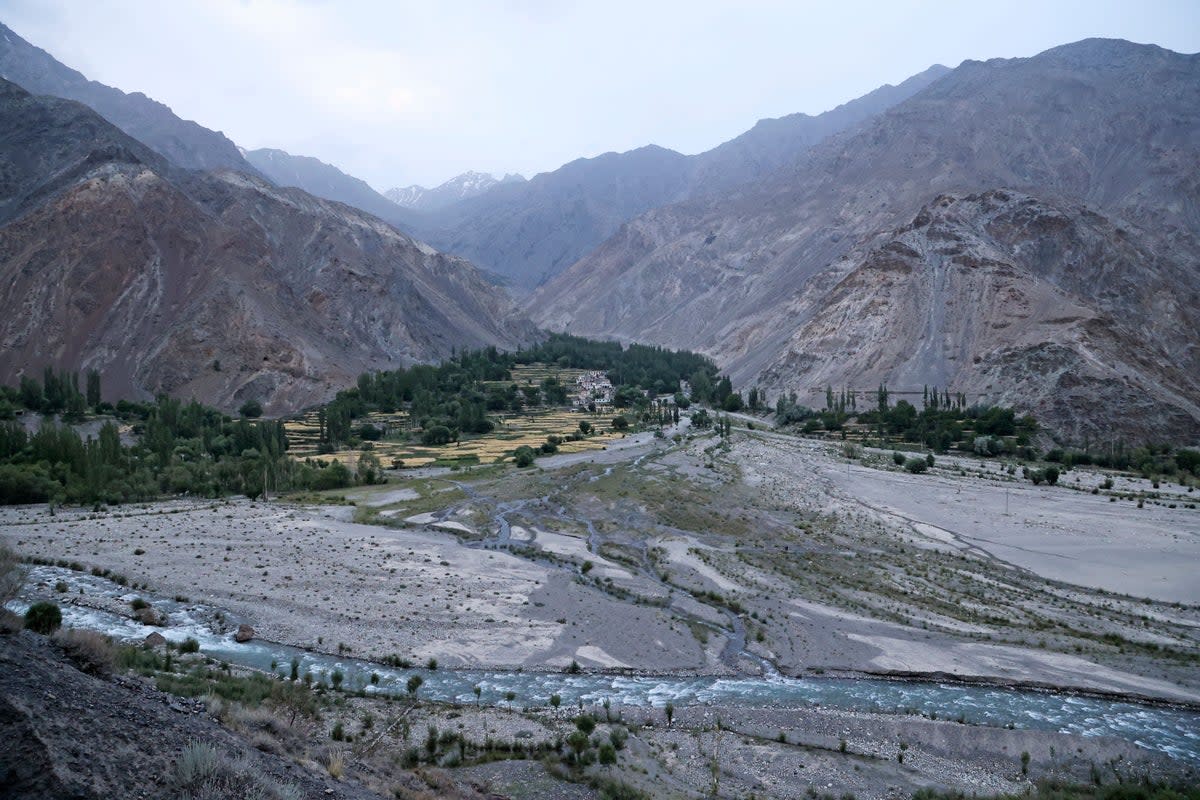Japanese climber dies while descending one of Pakistan’s highest mountain peaks

A Japanese climber fell to his death while descending one of the highest mountains in northern Pakistan, just weeks after two other Japanese climbers died in the South Asian country.
Hiroshi Onishi, 64, fell into a crevasse earlier this week on the 7,027m (23,054ft) Spantik Peak, also known as Golden Peak.
"While descending, he fell into a crevasse near Camp 2," Ataur Rehman Kakar, the Nagar district deputy commissioner, told AFP.
“The other climbers and porters recovered the body and brought it to Camp 1 safely," he added. Rescuers located his body and arrangements were being made to airlift the corpse by helicopter to the base camp, the Alpine Club of Pakistan said.
Mr Khan said authorities were in contact with the Japanese embassy.
Onishi was among the four Japanese mountaineers who began their climb on 10 June with the help of two Pakistani porters, who summited the peak on 1 July.
Earlier two Japanese climbers, Atsushi Taguchi and Ryuseki Hiraoka, died while trying to scale the same mountain. They went missing on 13 June and Hiraoka's body was found two days later.
His colleague was presumed dead after an unsuccessful weeklong search. Both had fallen into a deep crevasse, authorities said.
The secretary of the Alpine Club of Pakistan, Karrar Haidri, conveyed condolences to Onishi's family and friends. "It is indeed shocking for all of us because another Japanese has died on the same mountain where two Japanese died in June," Mr Haidri said.
The Golden Peak is renowned for its distinct golden hue at sunrise and sunset, making it a popular destination.
Several climbers die in Pakistan every year while trying to reach the summit of some of the world's highest mountains, including K2, which is located in Pakistan’s north.
More than 8,900 foreigners visited the remote Gilgit-Baltistan region where Spantik is located in 2023, according to government figures.


